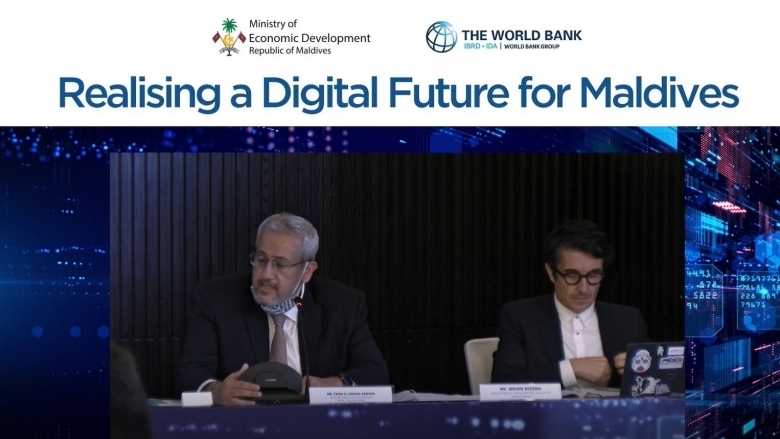Many of us can recall hauling our heavy bags to and from school. It wasn’t good for kids back then, and it’s still not healthy for kids now. But the backpacks keep getting bigger and heavier, with more and more children complaining about the weight on their backs.
This is where Hologo comes in. Hologo is a digital education start-up from Maldives that develops digital resources for teachers and students that are proven to improve learning outcomes. Armed with a mobile learning app with full augmented reality (AR) capabilities and a website with a 3D lesson player, Hologo has now become a world leader in 3D, AR and VR content for education. It counts the likes of Apple as its partners.
Like Hologo, OdiApp is another Maldivian creation aiming to solve a real-world problem – transport around all of Maldives’ different islands. The creators of OdiApp are on a mission to harmonise the sea transport industry, which is made up of numerous individual players. With OdiApp, travellers can book tickets from a transport service provider of their choice with just a click of a button!
Hologo, OdiApp and several other Maldivian start-ups were showcased at a recent High-Level Roundtable on Digital Development, co-hosted by the World Bank Group and the Maldives’ Ministry of Economic Development. These Maldivian entrepreneurs shared the opportunities and challenges they had been facing in growing their businesses in the Maldives.
“Entrepreneurs like you represent how Maldives can develop its innovation capacity and create businesses that compete globally in the digital economy,” Hartwig Schafer, the World Bank’s Vice President for South Asia, said after the start-up pitches.


